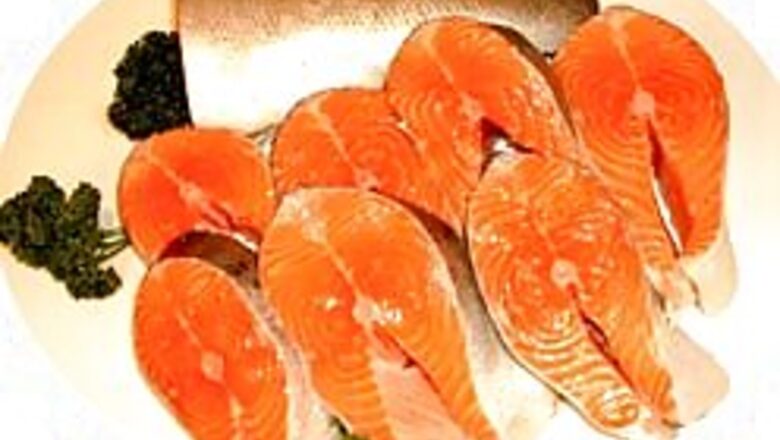
views
Washington: People who take vitamin D tablets are half as likely to get deadly pancreatic cancer as people who do not, US researchers reported on Wednesday.
Now they are checking to see if getting the vitamin from food or sunlight also cuts the risk.
The study suggests one easy way to reduce the risk of pancreatic cancer, the fourth-leading cause of death from cancer in the United States.
This year, the American Cancer Society estimates that 32,000 new cases of cancer will be diagnosed, and only 5 per cent of patients will survive more than five years.
"Because there is no effective screening for pancreatic cancer, identifying controllable risk factors for the disease is essential for developing strategies that can prevent cancer," Halcyon Skinner of Northwestern University in Chicago, who helped lead the study, said in a statement.
"Vitamin D has shown strong potential for preventing and treating prostate cancer, and areas with greater sunlight exposure have lower incidence and mortality for prostate, breast, and colon cancers, leading us to investigate a role for Vitamin D in pancreatic cancer risk,’ he added.
Working with colleagues at Harvard University, Skinner's team examined data from two large, long-term health surveys involving 46,771 men aged 40 to 75 and 75,427 women aged 38 to 65.
They found that people who took the US Recommended Daily Allowance of Vitamin D, 400 IU a day, had a 43 per cent lower risk of pancreatic cancer.
Those who took doses of less than 150 IU per day had a 22 per cent reduced risk of cancer.
Writing in the journal Cancer Epidemiology Biomarkers & Prevention, the researchers said that taking more than 400 IU a day did not reduce the risk further.
The body produces Vitamin D when sunlight hits the skin, but most Americans do not get enough sunlight to produce the needed amount.
Milk, both dairy and soy, is fortified with the vitamin. Some foods such as fish, eggs and liver also contain vitamin D.
"In concert with laboratory results suggesting anti-tumor effects of Vitamin D, our results point to a possible role for Vitamin D in the prevention and possible reduction in mortality of pancreatic cancer," Skinner said.
"Since no other environmental or dietary factor showed this risk relationship, more study of Vitamin D's role is warranted,” he added.




















Comments
0 comment